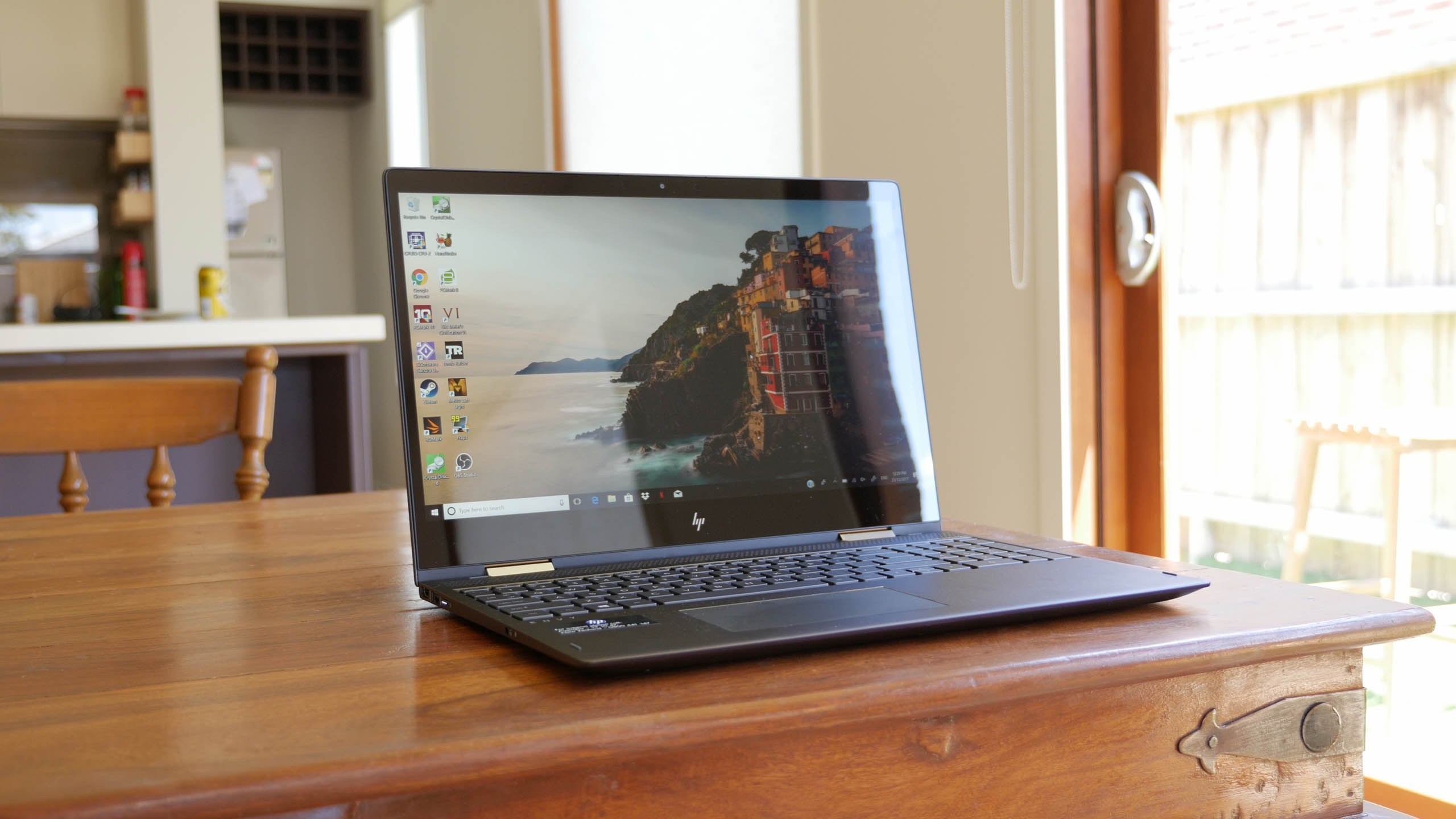Why it matters: For all the praises AMD Ryzen has received on the desktop, the company seems to have neglected mobile users. Good driver support can make a world of difference, and timely updates can boost performance and solve potential problems promptly - which is why AMD has received a lot of criticism for their slow Ryzen APU graphics updates. Fortunately, they've now responded to user feedback in a post on Reddit.
After a lame smattering of excuses about why drivers need to be tailored to specific configurations and how it's all the laptop manufacturers' fault, AMD has stated they'll be pushing for OEMs to release driver updates biannually.
We are committing to work with our OEMs to increase the release frequency of AMD Ryzen Mobile processor graphics drivers. Starting in 2019, we will target enabling OEMs to deliver a twice-annual update of graphics drivers specifically for all AMD Ryzen Mobile processor-based systems. Because the release is ultimately up to the OEMs, this may vary from platform to platform, but we want to put out a clear goal for us and our OEM partners. Those updates should be available for download on the respective OEM websites.
In addition, AMD will continue to evaluate ways in which we can offer validated graphics drivers for AMD Ryzen Mobile processor-based notebooks aligned to the latest AMD software updates, and will provide updates as soon as we are able.
But, is it too little too late? AMD's excuses don't hold true as other laptop components receive drivers with very few issues. In addition to the OEM issued updates, Nvidia lets users download generic drivers for all their laptop graphics cards that work fairly flawlessly, and many AMD users are requesting that AMD adopt the same practice.
According to TechPowerUp, many users have also successfully forced the latest AMD drivers onto their system using the 'Force Install' option in Windows Device Manager, with few reports of bugs and errors. Some users have been compelled down this route after going over 12 months without driver updates and receiving very poor performance in new gaming releases.
Regardless, it's good that AMD is finally taking a more active approach, and hopefully, we'll see significant improvements in the months to come.
